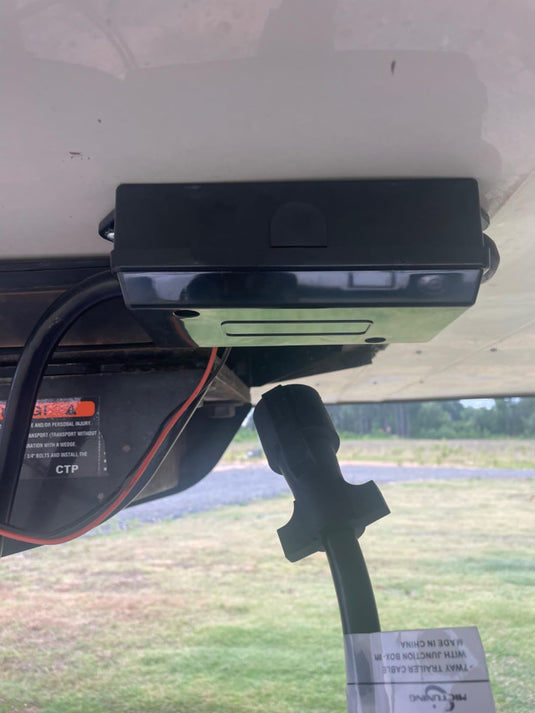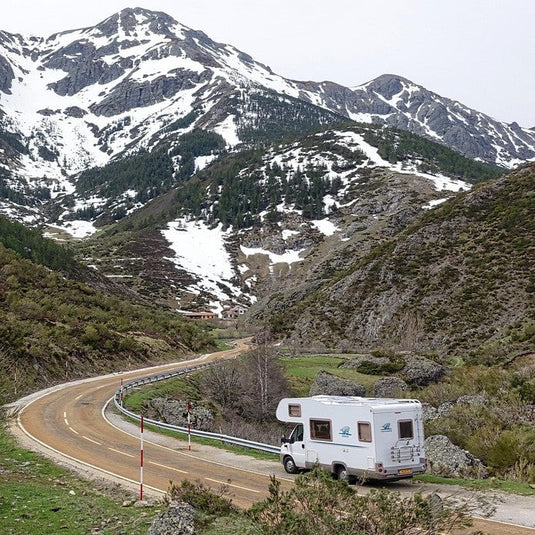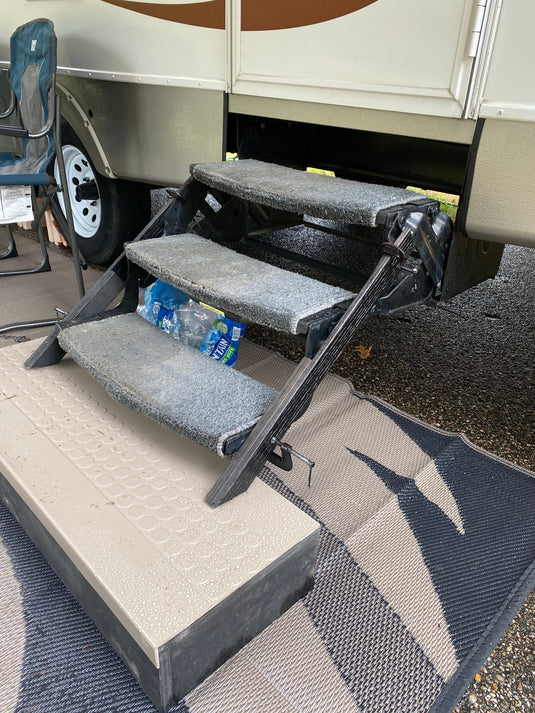Introduction
As a B2B/B2C dealer in the RV parts industry, your contracts are your first line of defense against costly disputes, supply chain disruptions, and legal liabilities. A well-drafted procurement agreement can save you thousands in avoidable losses—while a poorly structured one can leave you exposed to risks ranging from intellectual property (IP) lawsuits to supplier defaults.
This guide outlines 7 non-negotiable clauses for RV parts procurement contracts, balancing legal rigor with real-world practicality. Whether you’re sourcing from domestic manufacturers or overseas suppliers, these provisions will help you minimize risk, streamline dispute resolution, and protect your business.
1. Intellectual Property (IP) Protection: Avoid Costly Lawsuits
Why It Matters:
RV parts—especially custom or branded components—often involve patents, trademarks, or design rights. Without clear IP clauses, you could face:
- Patent infringement claims
- Counterfeit part liabilities
Key Clauses:
✅ Warranty of Non-Infringement
"Supplier warrants that all goods supplied under this Agreement do not infringe any third-party patents, copyrights, or trademarks."
✅ Indemnification Clause
"Supplier shall indemnify and hold Buyer harmless from any IP infringement claims arising from Supplier’s products or designs."
✅ Ownership of Custom Designs
"All tooling, molds, or designs paid for by Buyer remain Buyer’s exclusive property, even if produced at Supplier’s facility."
Pro Tip:
Always request a Certificate of Originality for custom parts and verify patents using the USPTO database.
2. Quality Control: Stop Defects Before They Reach Your Customers
Why It Matters:
A single batch of faulty wiring harnesses or subpar seals can lead to recalls, reputational damage, and lawsuits.
Key Clauses:
✅ Inspection Rights
"Buyer may inspect goods within [X] days of delivery. Rejected goods will be returned at Supplier’s expense."
✅ Testing & Certification
"Critical components (e.g., electrical systems) must be tested by an independent lab (e.g., ETL or RVIA-certified) prior to shipment."
✅ Non-Conformance Penalties
"Supplier will replace defective goods within [X] days or issue a full refund, plus cover Buyer’s reasonable inspection costs."
Pro Tip:
For high-risk parts (e.g., gas valves), require batch-specific test reports—not just generic certifications.
3. Supply Chain Continuity: Prepare for the Unexpected
Why It Matters:
From port strikes to factory fires, disruptions can cripple your inventory. Protect yourself with:
Key Clauses:
✅ Force Majeure Definition
"Supplier must notify Buyer within [24 hours] of any event (e.g., natural disasters, labor strikes) that may delay production."
✅ Backup Sourcing Obligation
"If delays exceed [X] days, Supplier must assist Buyer in securing alternate sources—without price gouging."
✅ Inventory Buffer Requirement
"Supplier shall maintain a [X]-week safety stock of finished goods for Buyer’s orders."
Pro Tip:
Map your suppliers’ geopolitical risks (e.g., tariffs, sanctions) using tools like Resilinc.
4. Data Security & Compliance: Avoid GDPR/CCPA Fines
Why It Matters:
If your supplier leaks customer data (e.g., order histories, payment info), you could face penalties—even if the breach wasn’t your fault.
Key Clauses:
✅ Data Processing Agreement (DPA)
"Supplier agrees to handle Buyer’s data per GDPR/CCPA rules, including encryption and breach notification within [72 hours]."
✅ Audit Rights
"Buyer may audit Supplier’s data security practices annually, with [30 days] advance notice."
Pro Tip:
For EU-bound parts, use Standard Contractual Clauses (SCCs) for cross-border data transfers.
5. Termination & Exit Strategies: Plan for the Worst
Why It Matters:
If a supplier goes bankrupt or consistently underperforms, you need a clean exit—without losing tooling or designs.
Key Clauses:
✅ Tooling/Mold Recovery
"Upon termination, Supplier must return all Buyer-owned tooling within [X] days or face a $[X]/day penalty."
✅ Inventory Buyback Option
"Supplier agrees to repurchase unused, non-obsolete inventory at [X]% of original cost if Buyer terminates for cause."
Pro Tip:
Define "for cause" clearly (e.g., "3+ late deliveries in 12 months" or "uncorrected quality issues").
6. Dispute Resolution: Avoid Costly Court Battles
Why It Matters:
Litigation can drain time and money. Opt for faster, cheaper alternatives:
Key Clauses:
✅ Mediation First
"Parties agree to mediate disputes for at least [30 days] before pursuing arbitration/litigation."
✅ Arbitration Preference
"Any unresolved disputes will be settled by binding arbitration in [State/Country], under [AAA/ICC] rules."
Pro Tip:
Choose a neutral arbitration venue (e.g., Delaware for U.S. deals).
7. Governing Law & Jurisdiction: Pick Your Battleground
Why It Matters:
Local laws vary wildly. Avoid being sued in an unfavorable jurisdiction.
Key Clauses:
✅ Governing Law
"This Agreement shall be governed by the laws of [State/Country], excluding its conflict-of-law rules."
✅ Jurisdiction
"Any legal actions must be filed in [specific court], and both parties consent to its exclusive jurisdiction."
Pro Tip:
For U.S. contracts, Delaware is often preferred for its business-friendly courts.
Conclusion: Build Your Defense & Grow Your Business
By implementing these 7 essential clauses, you're not just drafting a contract—you're building a robust legal defense that protects your dealership from costly disputes and operational risks.
But why navigate this complex landscape alone?
Become an RVGUARD Dealer and gain access to:
- Pre-negotiated Supplier Agreements: Our partner contracts already include these critical clauses, saving you time and legal fees.
- Dedicated Legal Support: Get expert guidance on contract customization and local compliance requirements.
- Verified Supply Chain: Source with confidence from our network of vetted manufacturers who meet rigorous quality and legal standards.
Ready to secure your supply chain while growing your profit margins?
Protect your business today while securing exclusive access to premium RV components and industry-leading support.













